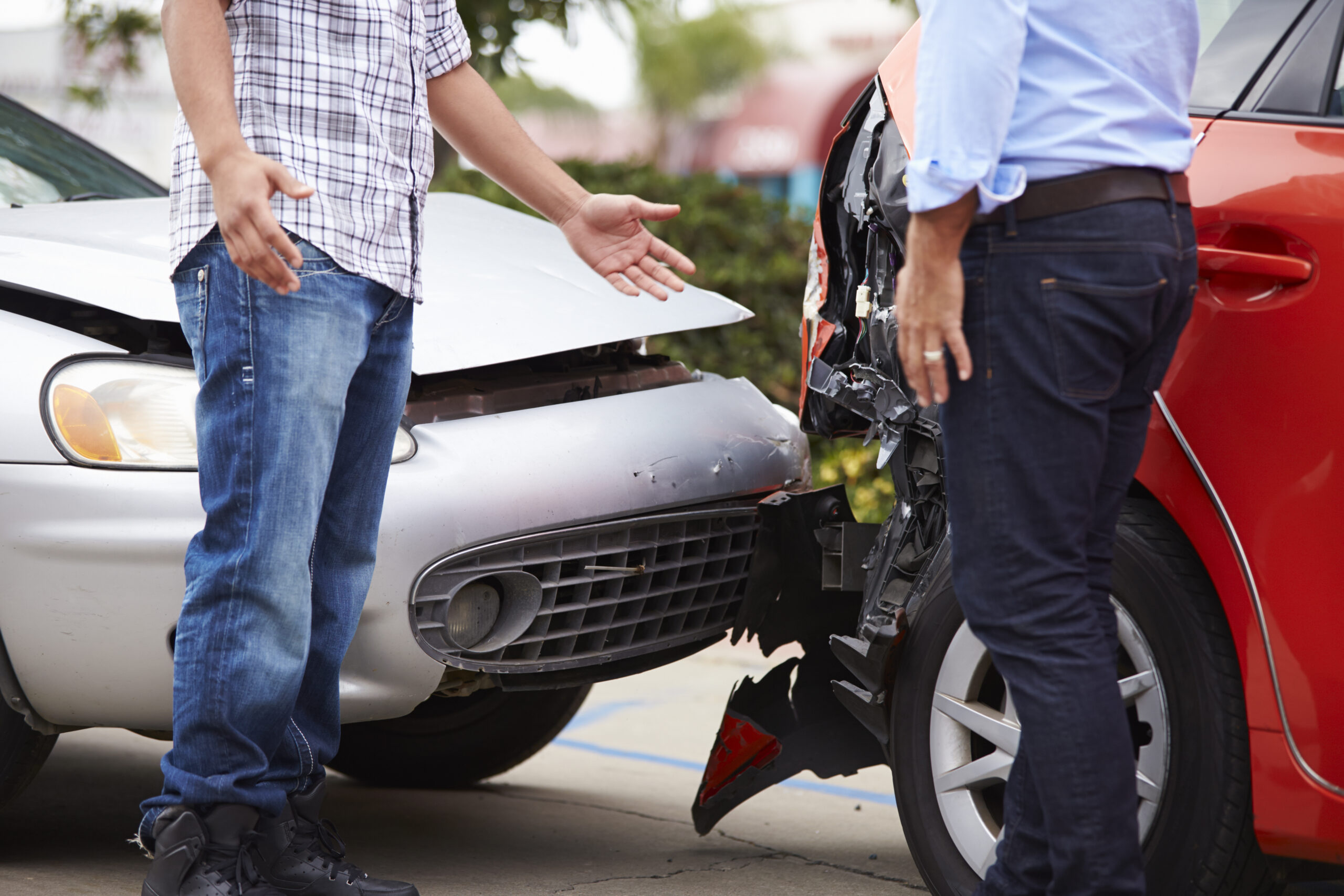
Who Pays for a Dog Bite in Virginia?
Humans and dogs have co-evolved over thousands of years to form a mutually beneficial bond. However, this shared history does not mean that the relationship between people and canines is always positive. Dogs have sharp teeth and powerful jaws and their bites can cause severe harm. Understanding the nuances of Virginia dog bite laws can help you know what steps to take if you have suffered any injury.
Is Virginia a One-Bite State?
As in other jurisdictions, dog owners in the Commonwealth must take reasonable precautions to prevent their animals from causing harm to humans and other pets. However, Virginia has a “one-bite” law that generally prevents owners from being legally liable if their dog attacks someone for the first time.
However, if the dog has previously caused harm to someone, the owner should then be reasonably aware that the dog has the potential to be dangerous. If you and your legal team can demonstrate that you received a dog bite from a dog that had bitten someone before, the owner may be financially responsible for the dog bite and its resulting losses. The one-bite rule does not apply to all factual scenarios. For example, if a dog owners fails to adhere to local leash laws and that dog causes physical injury, the dog-owner may be able to be held liable.
Are There Exceptions to the One-Bite Rule?
In some situations, Virginia law may not classify a dog as dangerous even if they have previously bitten a person or a pet. These exceptions include:
- If the dog bit another pet, but a veterinarian does not consider the resulting injury as “serious”
- If the dog attacked another of its owner’s pets
- If the bite happened on the dog owner’s property
- If authorities have concluded that a single bite or nip resulted in a scratch or minor injury
You may also be unable to hold the owner liable if you were:
- Partially at fault
- Trespassing at the time of the bite
- Provoking the dog
However, each circumstance is unique. Even if one of the above exceptions applies, speak to a qualified Virginia dog bite injury attorney to review your case.
Seeking Compensation for a Virginia Dog Bite Injury
If you have suffered harm from a bite from a dangerous dog in Virginia, you may have a right to seek compensation for your losses, including:
- Medical expenses, both initial treatment and ongoing care
- Lost income due to missing work
- Pain and suffering
- Emotional distress
- Scarring or disfigurement
To have the strongest case possible, take the following steps after receiving any dog bite injury:
- Seek prompt medical attention and follow all doctors’ orders
- Document your injuries through photographs
- Keep records of all bite-related costs
- Get contact details for witnesses to the bite
- Report the bite to animal control authorities
- Consult with an experienced Virginia dog bite lawyer
Many homeowner’s insurance policies cover dog bites. Often, the dog that bit you might belong to a friend or family member. An attorney can help you understand your legal options, deal with insurance companies, demonstrate the full extent of your losses, and negotiate a potential settlement.
If the at-fault owner’s insurance company is unwilling to offer a fair compensation package, your attorney will determine whether you have grounds to file a personal injury lawsuit against the dog’s owner. With a seasoned lawyer on your side, you improve your chances of receiving full and fair compensation.
Contact Strickland, Diviney & Segura Today
Dog bites can be emotionally traumatic, physically painful, and potentially even life-altering. If you or a loved one has suffered injuries due to a dog bite in Virginia, the experienced dog bite injury attorneys at Strickland, Diviney & Segura can help. We can act as a buffer to help preserve your relationships while we work to secure the compensation you deserve.
Contact our team today at (540) 982-7787 for a confidential consultation to learn more about your legal options.






